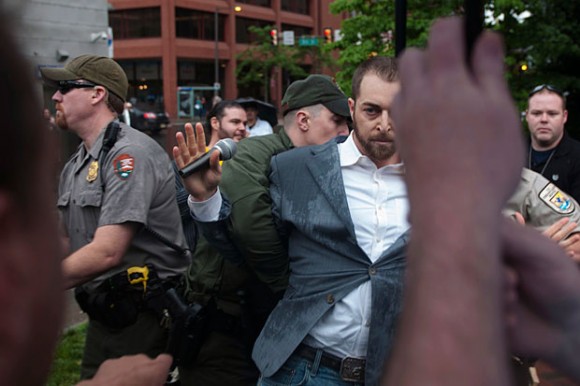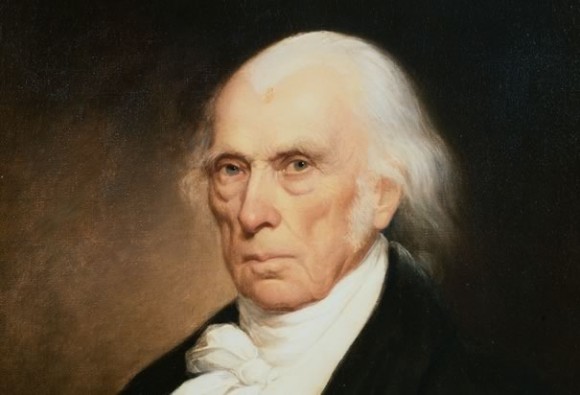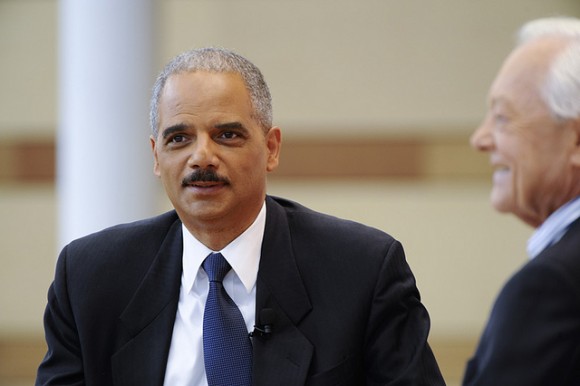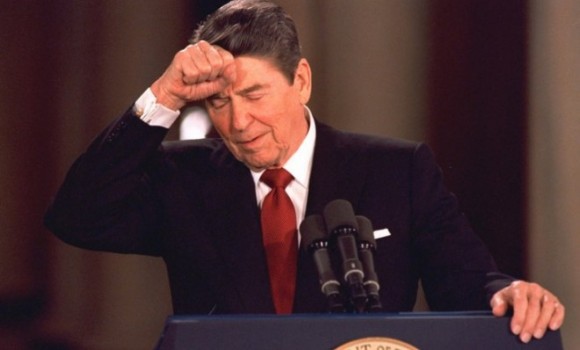According to Peter Scheer, a lawyer and executive director of the First Amendment Coalition (FAC), “the real outrage about the Justice Department’s use of secret subpoenas for the phone records of Associated Press journalists is that…it was probably legal.”
Although federal prosecutors need a court’s OK to obtain the content of phone communications (and most, but not all, email communications), nothing in the relevant federal statute (the Stored Communications Act) requires a prosecutor to satisfy preconditions or to submit to judicial oversight when subpoenaing “metadata” associated with a phone number.
Also relevant are Justice Department guidelines for issuing subpoenas to the media. The guidelines, adopted in the 1970s, contain meaningful (albeit mainly procedural) limits on prosecutors’ discretion. However, the guidelines are just voluntary internal policies, without the force of law. Even if prosecutors failed to follow the guidelines in the AP matter — which is possible, perhaps probable — that dereliction and $2 will buy AP a cup of coffee.
What about the constitution? The Supreme Court dispensed with your Fourth Amendment right to privacy in this area long ago in an obscure and regrettable decision, Smith v. Maryland (1979). The Court ruled that phone company customers have no legitimate privacy interest in phone record data that are in the hands of a third-party, like a phone company.
This should be a lesson in how the so-called rule of law can often be a sham. Legal doesn’t mean good. The government has built up an entire legal edifice to legitimize all kinds of abuse, from surveillance to police brutality.
Legal or not, this scandal has undeniably underscored the Obama administration’s utter disdain for both the press and for personal privacy. The extent of dragnet-style domestic surveillance in the Obama era has been unprecedented. Julian Sanchez, a research fellow at The Cato Institute, writes in Mother Jones that the government is spying on journalists far more often than we think.
Lynn Oberlander at The New Yorker has another worthwhile piece last week about the legality of the DOJ’s actions. Read it here.
I was asked by Al Jazeera to give a short commentary on the AP snooping scandal on their program The Listening Post. The show also has interviews with journalist Jeremy Scahill, Dana Priest of The Washington Post, and Ben Wizner of the ACLU.







